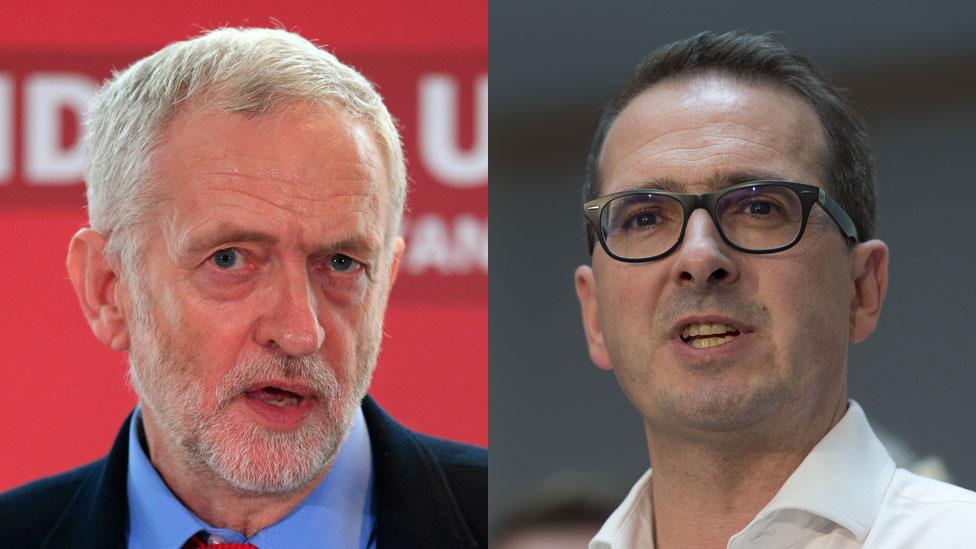Labour awaits vote leadership rules appeal verdict
- Published
Barrister opens Labour NEC appeal
The Court of Appeal will rule on Friday in a dispute about Labour's decision to block nearly 130,000 of its members from voting in its leadership contest.
The party has appealed against a High Court ruling that those joining after 12 January should be allowed to vote.
Labour's QC argued that its ruling NEC body, not the courts, was the "ultimate arbiter" of the rules.
But David Goldstone QC, for members, questioned whether the NEC should have "unfettered power" over who could vote.
Following the appeal hearing on Thursday, Lord Justice Beatson, chairing the panel of three Appeal Court judges, said they were aware it was an "urgent matter" and would aim to give their judgement at 1500 BST on Friday.
The two sides argued their case for a full day in the Court of Appeal, with hours of detailed debate about the meaning of specific words and phrases in the Labour Party's rule book.
The case follows a leadership challenge against Labour Leader Jeremy Corbyn, who lost a vote of no confidence by his MPs and faced mass resignations from his top team.
However Mr Corbyn remains popular with party members and it is thought many of the 130,000 who would be allowed to vote if the appeal by Labour's general secretary Iain McNicol fails, would back him over challenger Owen Smith.
The party's ruling National Executive Committee had blocked Labour members who joined after 12 January from voting unless they paid £25 but five new members succeeded in getting the decision overturned in the High Court earlier this week.
Barrister for Labour members in appeal hearing
The case was triggered after the NEC decided that full Labour members could only vote if they had at least six months' continuous membership up to July 12 - the "freeze date".
The party offered a window from 18-20 July when more recent members - and non-members - could pay £25 to become "registered supporters" and gain the right to vote.
'Deference'
On Monday, Mr Justice Hickinbottom ruled that the party had breached its contract with new members by retrospectively disenfranchising them, after an appeal brought by five new members.
On Thursday, Clive Sheldon QC, acting for Labour's general secretary Iain McNicol, accused Mr Justice Hickinbottom of "getting it wrong".
He told the Court of Appeal: "The NEC is afforded by the rule book sufficiently broad powers that it can actually override the rules framework in a particular case, if it so wishes.
"They are the guardian of the constitution. What we have done is consistent with the rules framework."
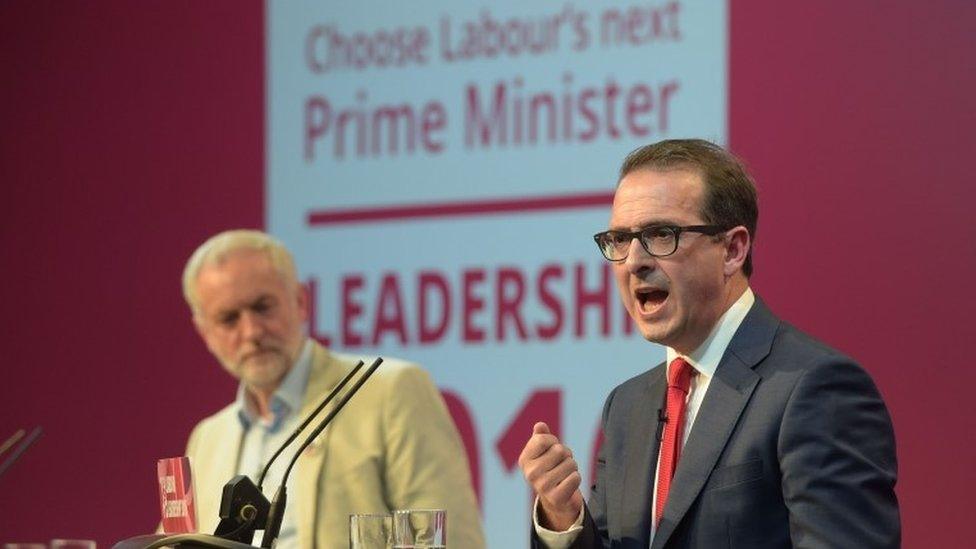
He told the court the NEC - and not the courts - was the "ultimate arbiter as to the meaning of the rules".
The NEC was answerable to Labour's annual conference, he added, and although the courts were entitled to examine its decisions, judges should "provide a degree of deference to the NEC when seeking to interpret its rules".
But David Goldstone QC, acting for the five members, questioned the "intended scope of the NEC's powers" and argued it was not intended to have an "unfettered power to define any eligibility criteria".
Lord Falconer says he will back whoever wins the Labour leadership election.
He argued that the powers of the NEC "were intended to be used for procedural purposes ... and a retrospective membership requirement is not a procedural matter".
"Is it likely that the party's intention was that the NEC would have a power of effective disenfranchisement? I say no," he added.
'Untenable'
There has been speculation that Labour's general secretary Iain McNicol could face being ousted if the party loses.
A senior Labour source said: "If Labour loses the appeal, the position of Iain McNicol becomes untenable.
"Having spent nearly a quarter of a million pounds on this legal case and staking his professional reputation on the outcome, if he loses today then he simply can't stay in post."
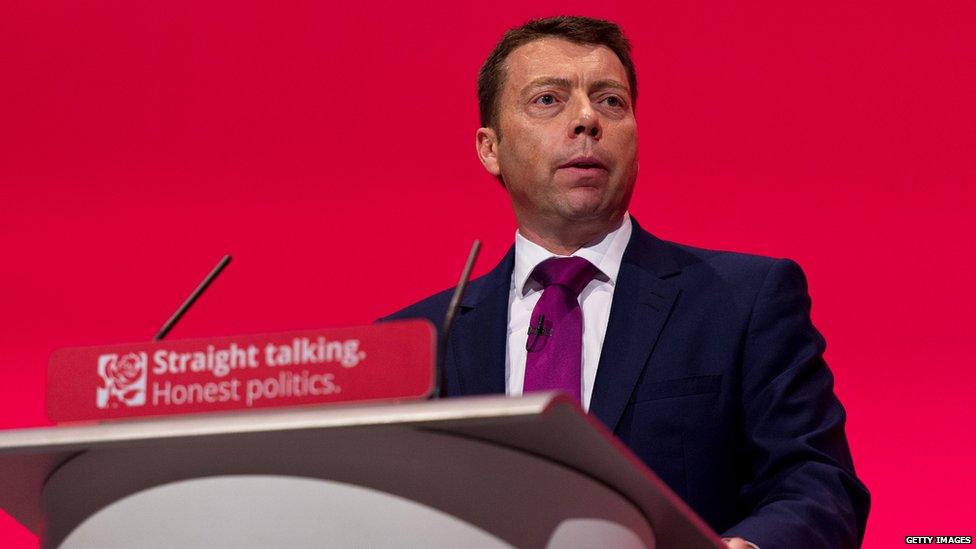
Labour general secretary Iain McNicol is under pressure over the case
Lord Falconer, who quit as shadow justice secretary in the wave of resignations by the shadow cabinet, defended the party's right to appeal.
He told BBC Radio 4's Today programme: "It's for the NEC to decide what the rules are of any contest.
"If the result of this High Court litigation is that it's the courts who decide the detail of how an election is going to be fought, then there are going to be even more High Court hearings because everybody who doesn't like a ruling of the NEC is going to go to the High Court."
He stressed that Labour has "got to unify" once the leadership result is returned, and said he would back whoever wins.
Mr Corbyn and Mr Smith will go head-to-head at a hustings in Gateshead, external in Tyne and Wear at 19:00 BST.
BBC political correspondent Iain Watson says that privately both believe most recent members are more supportive of the current leader than his challenger.
He added that it was a measure of the mutual distrust between those who support and those who oppose Jeremy Corbyn that controversial decisions were now settled in the courts, and not within the party.

Labour leadership election timetable
22 August: Ballot papers start to be sent out in the post (Labour Party members only) and by email
21 September: Midday deadline for ballot papers to be returned
24 September: The result will be announced at a special conference in Liverpool

- Published11 August 2016
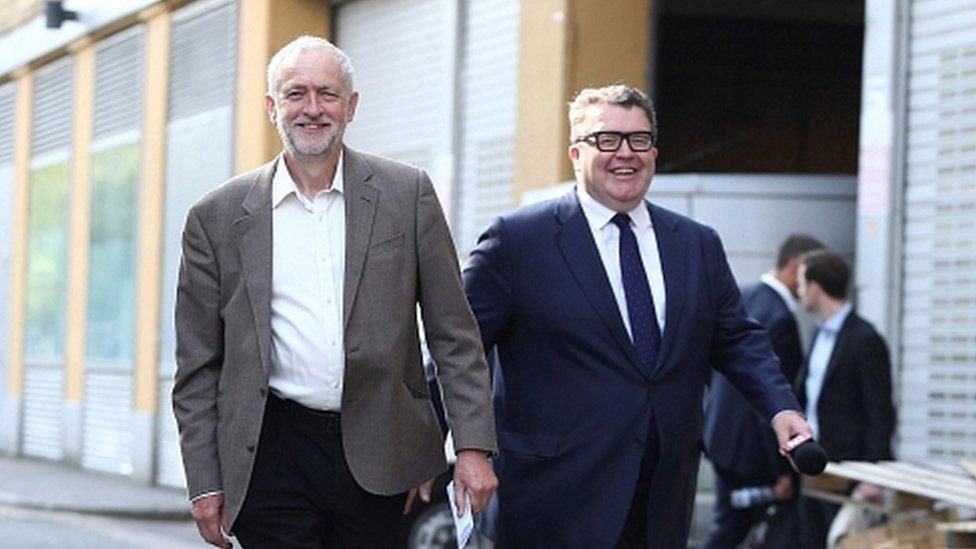
- Published9 August 2016
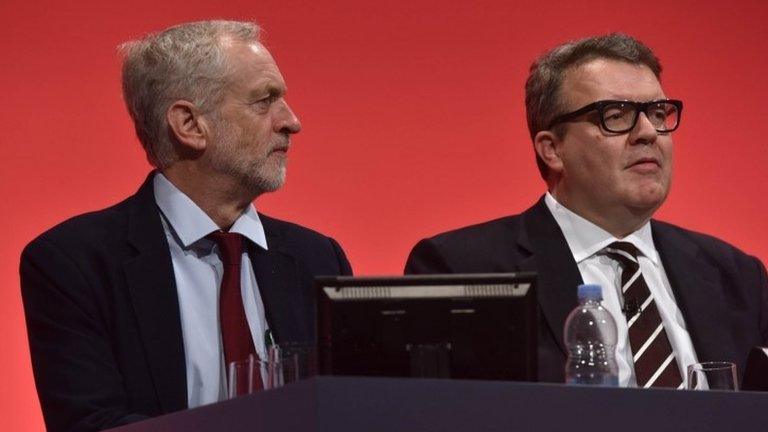
- Published8 August 2016
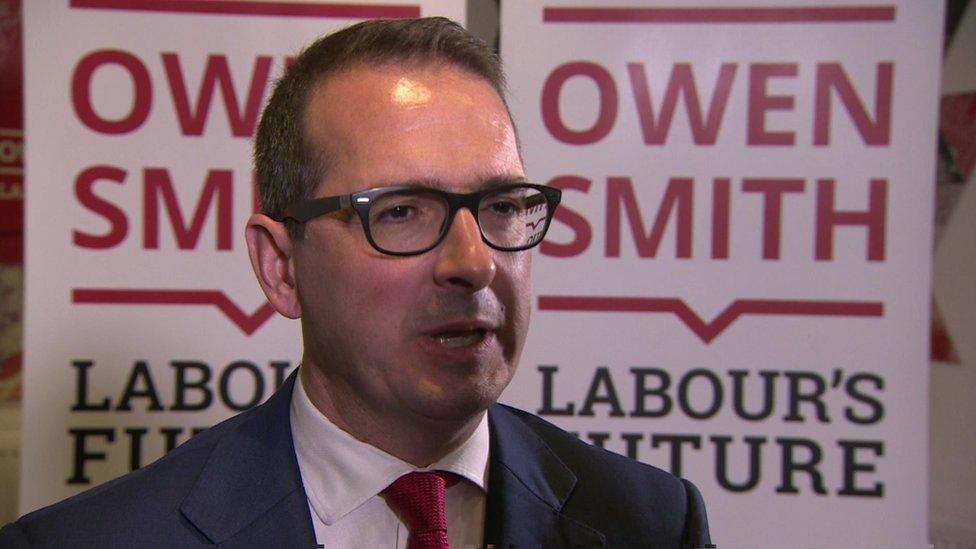
- Published8 August 2016
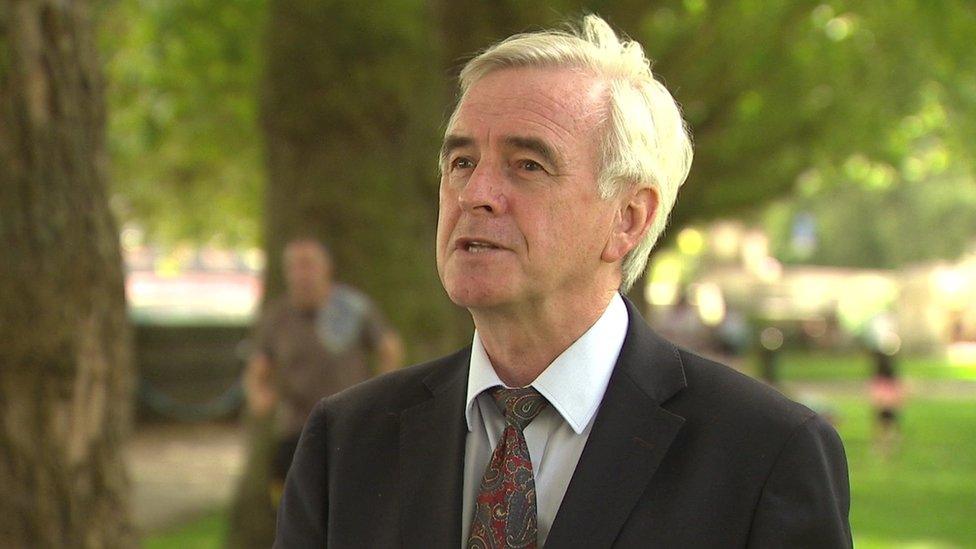
- Published9 August 2016
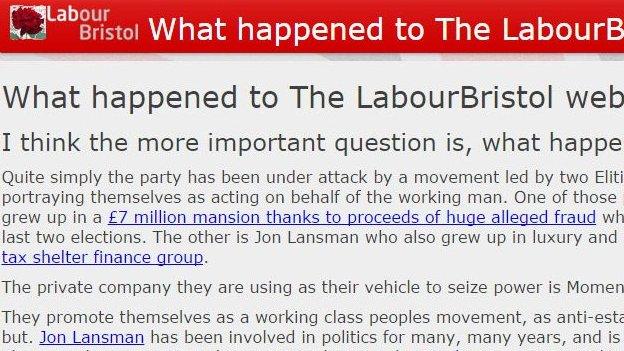
- Published21 September 2016
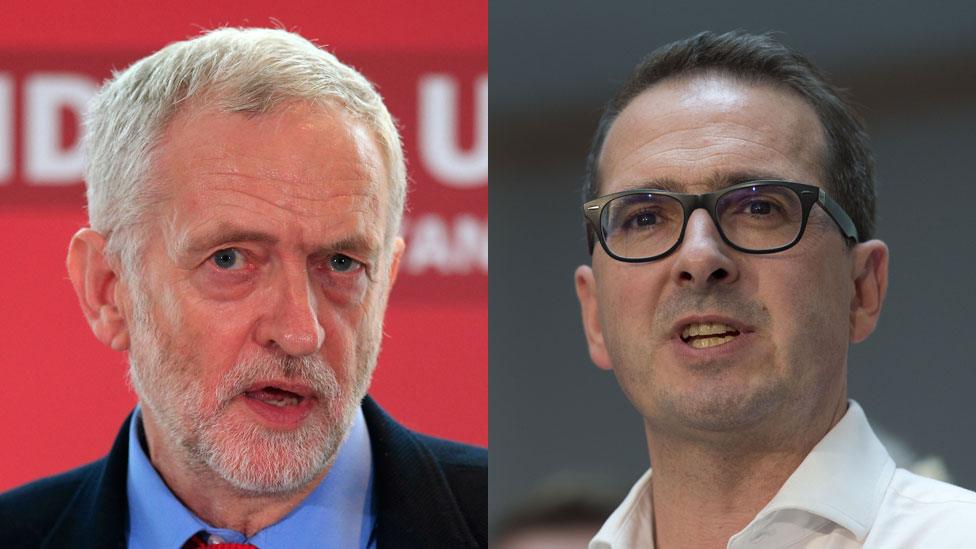
- Published23 August 2016
